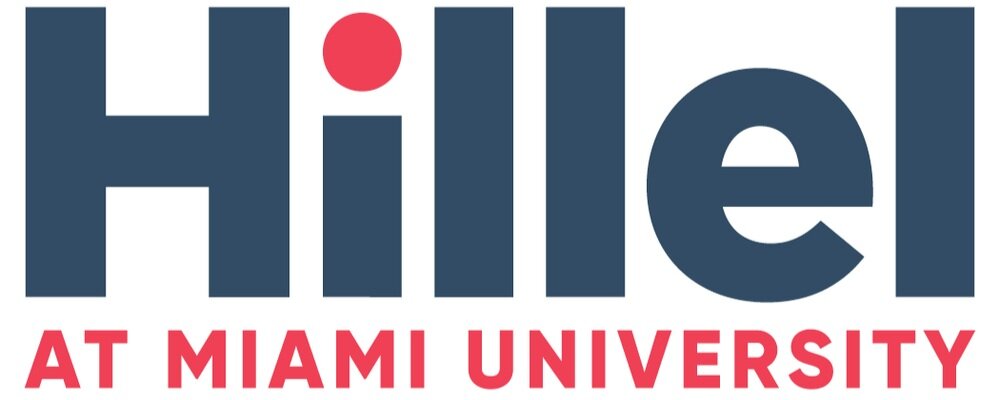Beshalach
This week’s Torah portion is entitled, “Beshalach”. Translated, this means “When he (Pharoah) let them (the Israelites) Go.” You know this one. If you were a Sunday school going-kid growing up, you’ll know it as the story of our people escaping Egypt through the Red Sea and beginning their path to The Promised Land, Eretz Yisrael, otherwise known as the last 10 minutes of the movie, “The Prince of Egypt”.We get one of the most recognizable and joyous songs of praise unto God from this week’s Parsha after the Israelites land on the other side of the Red Sea and sing:
‘Mi cha-mo-cha ba'ei-lim Adonai? Mi ka-mo-cha ne'dar ba-ko-desh?
“Who is like You, dressed with holiness, awesome in splendor, doing wonders!”
We also get some not-so-good press out of this week’s parsha as well. Sure, the Israelites sing God’s praises but they follow up this joyful singing with some significant complaining. In the wilderness, the whole Israelite community starts grumbling about hunger. Their complaints went so far as to say that God should have let them die in the Red Sea. So, God made it rain manna for one day to ease hunger. (15:22-16:36) Complaints start arising again, after the manna fall, due to lack of water in the desert. So, Moses hit a rock with wood and brought forth water (and thousands of years later, a some pretty hilarious memes).
And sure, these are important lessons and this is a memorable parsha for so many reasons even beyond the ones I mentioned above. But what I can never stop thinking about when I read this parsha is the very real fact that this was a community of our ancestors before we were called Jews. This is us as the nation of Israelites.
For well over a year, our Hillel has been offering a free workshop, to anyone wanting to learn, on understanding Jewish identity and the impact of antisemitism on Jewish students on college campuses. We developed this curriculum out of one that was developed by Hillel International and the Anti-Defamation League in 2021. The goals of this workshop are to bring an understanding of who the Jewish people are outside the misconception of us being a religious monolith. Why have we spent a year taking this workshop all around campus to any dorm, Greek chapter, registered student organization, professional staff department, and/or faculty that wants to learn about who the Jews are? Because it was becoming more and more clear to us at Hillel at Miami’s leadership level that this misunderstanding as to who we are a nationality, an ethnicity, and a cultural community leads to the misunderstanding of the role that Israel plays in our history and the story of us, which can then have devastating and dangerous impacts on Jewish identity and pride. So far, this year alone, we have provided this workshop to 100 members of the Miami community. If we were not here providing this education to our Miami peers, there would be no one here to do it on behalf of our Miami Jewish students. It’s our role and our pleasure to education about the Jewish community so that we can be a driving force to creating a safer more just campus climate for our current Jewish Miami students and our future Jewish Miami students.
At this point in my shpeil, you might be asking yourself what this has to do with this week’s Torah portion. Well, before we were a religion (as we are now misunderstood to ONLY be) we were a nation. Before God spoke the entire Torah to Moses upon Mt. Sinai giving us our laws and rituals of prayer to God, we were known as The Israelites – the people whom the Hebrew Bible describes specifically as the direct descendants of any of the sons of the patriarch Jacob (later called Israel), and his descendants as a people are also collectively called "Israel". Now, as with everything in our culture and peoplehood, it’s not that simple and I am not naive enough to think that is all the evidence needed for any argument and everything is settled. But what it does for me, as a Jew and an Executive Director of a Hille, is it gives me direction and a sense of connection to not only the Jew in front of me but every Jew all around me. It’s the story of us and why our Hillel continues to work on innovating ways to create a greater level of knowledge and understanding of who our people are so that our Jewish students can be free to live their Jewish lives in peace on their terms.
Shabbat Shalom.
Whitney Fisch, MSW
Executive Director
